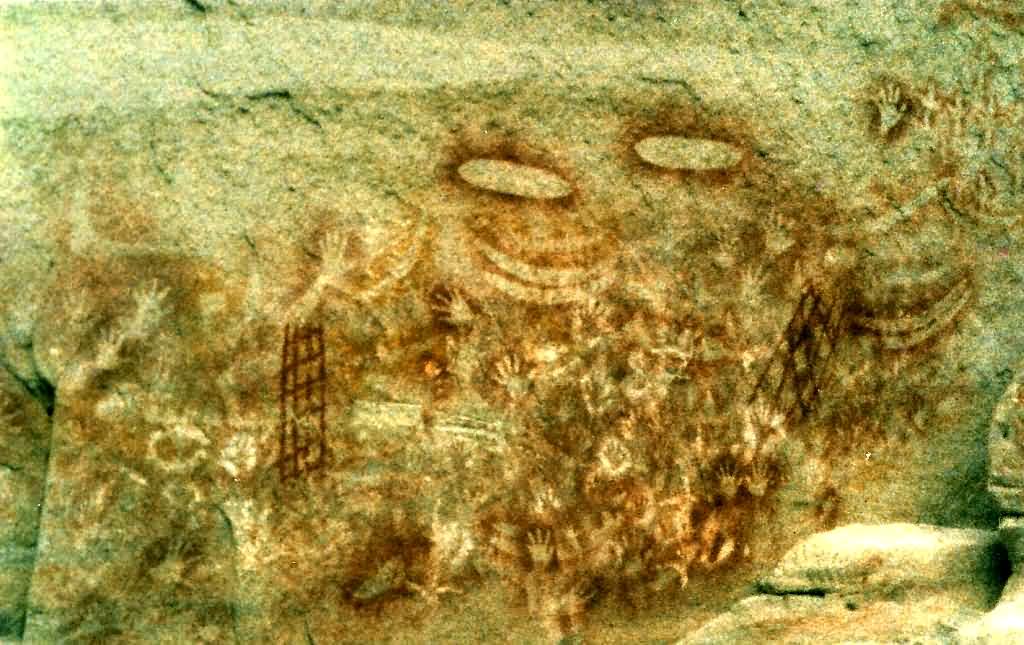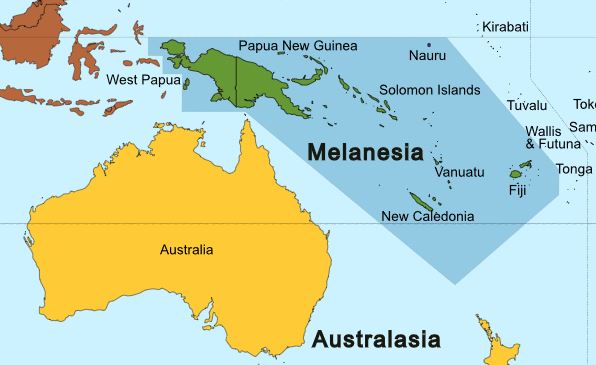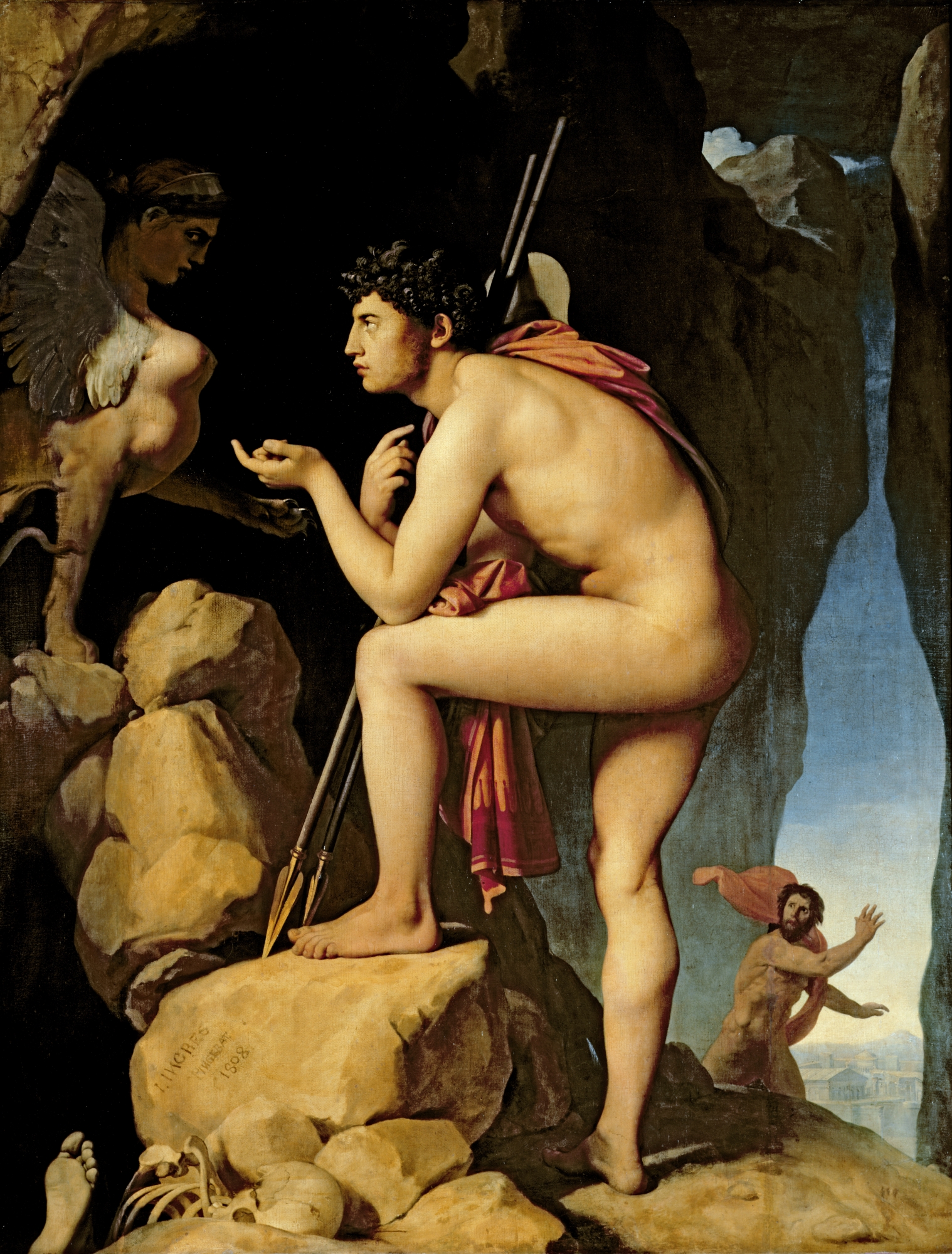|
Géza Róheim
Géza Róheim ( ; September 12, 1891 – June 7, 1953) was a Hungarian psychoanalyst and anthropologist. Considered by some as the most important anthropologist-psychoanalyst, he is often credited with founding the field of psychoanalytic anthropology; was the first psychoanalytically trained anthropologist to do field research; and later developed a general cultural theory. Life The only child of a prosperous Budapest family, Róheim studied geography and anthropology at the universities of Leipzig, Berlin and eventually Budapest, where he received his doctorate in 1914. In 1919 he became the first professor of anthropology at the University of Budapest and a member of the local psychoanalytic society. Róheim was analysed by Sándor Ferenczi and became a training analyst with the Budapest Institute of Psychoanalysis. Being Jewish, he was forced to leave Hungary in 1939, on the eve of the Second World War. He settled in New York City; and unable to return to communist co ... [...More Info...] [...Related Items...] OR: [Wikipedia] [Google] [Baidu] |
Budapest
Budapest is the Capital city, capital and List of cities and towns of Hungary, most populous city of Hungary. It is the List of cities in the European Union by population within city limits, tenth-largest city in the European Union by population within city limits and the List of cities and towns on the river Danube, second-largest city on the river Danube. The estimated population of the city in 2025 is 1,782,240. This includes the city's population and surrounding suburban areas, over a land area of about . Budapest, which is both a List of cities and towns of Hungary, city and Counties of Hungary, municipality, forms the centre of the Budapest metropolitan area, which has an area of and a population of 3,019,479. It is a primate city, constituting 33% of the population of Hungary. The history of Budapest began when an early Celts, Celtic settlement transformed into the Ancient Rome, Roman town of Aquincum, the capital of Pannonia Inferior, Lower Pannonia. The Hungarian p ... [...More Info...] [...Related Items...] OR: [Wikipedia] [Google] [Baidu] |
Arrernte People
The Arrernte () people, sometimes referred to as the Aranda, Arunta or Arrarnta, are a group of Aboriginal Australian peoples who live in the Arrernte lands, at ''Mparntwe'' (Alice Springs) and surrounding areas of the Central Australia region of the Northern Territory. Many still speak one of the various Arrernte dialects. Some Arrernte live in other areas far from their homeland, including the major Australian cities and overseas. Arrernte spirituality focuses on the landscape and The Dreaming which the Arrernte name for is Altyerre. Altjira is the creator being of the Inapertwa that became all living creatures. Tjurunga are objects of religious significance. The Arrernte Council is the representative and administrative body for the Arrernte Lands and is part of the Central Land Council. Tourism is important to the economy of Alice Springs and surrounding communities. Arrernte languages "Aranda" is a simplified, Australian English approximation of the tradition ... [...More Info...] [...Related Items...] OR: [Wikipedia] [Google] [Baidu] |
Neoteny
Neoteny (), also called juvenilization,Montagu, A. (1989). Growing Young. Bergin & Garvey: CT. is the delaying or slowing of the Physiology, physiological, or Somatic (biology), somatic, development of an organism, typically an animal. Neoteny in humans, Neoteny in modern humans is more significant than in other primates. In progenesis or paedogenesis, sexual development is accelerated. Both neoteny and progenesis result in paedomorphism (as having the form typical of children) or paedomorphosis (changing towards forms typical of children), a type of heterochrony. It is the retention in adults of traits previously seen only in the young. Such retention is important in evolutionary biology, domestication, and evolutionary developmental biology. Some authors define paedomorphism as the retention of larval traits, as seen in salamanders.Schell, S. C. ''Handbook of Trematodes of North America North of Mexico'', 1985, pg. 22 History and etymology Julius Kollmann created the term ... [...More Info...] [...Related Items...] OR: [Wikipedia] [Google] [Baidu] |
Magical Thinking
Magical thinking, or superstitious thinking, is the belief that unrelated events are causally connected despite the absence of any plausible causal link between them, particularly as a result of supernatural effects. Examples include the idea that personal thoughts can influence the external world without acting on them, or that objects must be causally connected if they resemble each other or have come into contact with each other in the past. Magical thinking is a type of fallacious thinking and is a common source of invalid causal inferences. Unlike the confusion of correlation with causation, magical thinking does not require the events to be correlated. The precise definition of magical thinking may vary subtly when used by different theorists or among different fields of study. In psychology, magical thinking is the belief that one's thoughts by themselves can bring about effects in the world or that thinking something corresponds with doing it. These beliefs can cause a ... [...More Info...] [...Related Items...] OR: [Wikipedia] [Google] [Baidu] |
Life Against Death
''Life Against Death: The Psychoanalytical Meaning of History'' (1959; second edition 1985) is a book by the American classicist Norman O. Brown, in which the author offers a radical analysis and critique of the work of Sigmund Freud, tries to provide a theoretical rationale for a nonrepressive civilization, explores parallels between psychoanalysis and Martin Luther's theology, and draws on revolutionary themes in western religious thought, especially the body mysticism of Jakob Böhme and William Blake. It was the result of an interest in psychoanalysis that began when the philosopher Herbert Marcuse suggested to Brown that he should read Freud. The book became famous when Norman Podhoretz recommended it to the critic Lionel Trilling, and over fifty-thousand copies had been sold by 1966. It has been compared to works such as Marcuse's ''Eros and Civilization'' (1955) and the philosopher Michel Foucault's ''Madness and Civilization'' (1961), and Brown's objectives have been seen ... [...More Info...] [...Related Items...] OR: [Wikipedia] [Google] [Baidu] |
Folklore
Folklore is the body of expressive culture shared by a particular group of people, culture or subculture. This includes oral traditions such as Narrative, tales, myths, legends, proverbs, Poetry, poems, jokes, and other oral traditions. This also includes material culture, such as traditional building styles common to the group. Folklore also encompasses customary lore, taking actions for folk beliefs, including folk religion, and the forms and rituals of celebrations such as Christmas, weddings, folk dances, and Rite of passage, initiation rites. Each one of these, either singly or in combination, is considered a Cultural artifact, folklore artifact or Cultural expressions, traditional cultural expression. Just as essential as the form, folklore also encompasses the transmission of these artifacts from one region to another or from one generation to the next. Folklore is not something one can typically gain from a formal school curriculum or study in the fine arts. Instead, thes ... [...More Info...] [...Related Items...] OR: [Wikipedia] [Google] [Baidu] |
Dreamtime
The Dreaming, also referred to as Dreamtime, is a term devised by early anthropologists to refer to a religio-cultural worldview attributed to Australian Aboriginal religion and mythology, Australian Aboriginal mythology. It was originally used by Francis James Gillen, Francis Gillen, quickly adopted by his colleague Walter Baldwin Spencer, and thereafter popularised by A. P. Elkin, who later revised his views. The Dreaming is used to represent Aboriginal concepts of "Everywhen", during which the land was inhabited by ancestral figures, often of heroic proportions or with supernatural abilities. The term is based on a rendition of the Arandic languages, Arandic word , used by the Aranda people, Aranda (Arunta, Arrernte) people of Central Australia, although it has been argued that it is based on a misunderstanding or mistranslation. Some scholars suggest that the word's meaning is closer to "Eternity, eternal, uncreated". Anthropologist William Edward Hanley Stanner, William ... [...More Info...] [...Related Items...] OR: [Wikipedia] [Google] [Baidu] |
Play (activity)
Play is a range of Motivation#Intrinsic and extrinsic, intrinsically motivated activities done for recreation. Play is commonly associated with children and juvenile-level activities, but may be engaged in at any life stage, and among other higher-functioning animals as well, most notably mammals and birds. Play is often interpreted as frivolous; yet the player can be intently focused on their objective, particularly when play is structured and goal-oriented, as in a game. Accordingly, play can range from relaxed, free-spirited, spontaneous, and frivolous to planned or even compulsive. Play is not just a pastime activity; it has the potential to serve as an important tool in numerous aspects of daily life for adolescents, adults, and cognitively advanced non-human species (such as primates). Not only does play promote and aid in physical development (such as hand-eye coordination), but it also aids in cognitive development and social skills, and can even act as a stepping stone i ... [...More Info...] [...Related Items...] OR: [Wikipedia] [Google] [Baidu] |
Horn Of Africa
The Horn of Africa (HoA), also known as the Somali Peninsula, is a large peninsula and geopolitical region in East Africa.Robert Stock, ''Africa South of the Sahara, Second Edition: A Geographical Interpretation'', (The Guilford Press; 2004), p. 26 Located on the easternmost part of the African mainland, it is the fourth largest peninsula in the world. It is composed of Somaliland, Somalia, Djibouti, Ethiopia, and Eritrea. Although not common, broader definitions include parts or all of Kenya and Sudan.John I. Saeed, ''Somali'' – Volume 10 of London Oriental and African language library, (J. Benjamins: 1999), p. 250.Sandra Fullerton Joireman, ''Institutional Change in the Horn of Africa'', (Universal-Publishers: 1997), p.1: "The Horn of Africa encompasses the countries of Ethiopia, Eritrea, Djibouti, and Somalia. These countries share similar peoples, languages, and geographical endowments." It has been described as a region of geopolitical and strategic importance, since it ... [...More Info...] [...Related Items...] OR: [Wikipedia] [Google] [Baidu] |
Melanesia
Melanesia (, ) is a subregion of Oceania in the southwestern Pacific Ocean. It extends from New Guinea in the west to the Fiji Islands in the east, and includes the Arafura Sea. The region includes the four independent countries of Fiji, Vanuatu, Solomon Islands, and Papua New Guinea. It also includes the West New Guinea, Indonesian part of New Guinea, the French overseas collectivity of New Caledonia, and the Torres Strait Islands. Almost all of the region is in the Southern Hemisphere; only a few small islands that are not politically considered part of Oceania—specifically the northwestern islands of Western New Guinea—lie in the Northern Hemisphere. The name ''Melanesia'' (in French, ''Mélanésie'') was first used in 1832 by French navigator Jules Dumont d'Urville: he coined the terms ''Melanesia'' and ''Micronesia'' to go alongside the pre-existing ''Polynesia'' to designate what he viewed as the three main Ethnicity, ethnic and geographical regions forming the Pacif ... [...More Info...] [...Related Items...] OR: [Wikipedia] [Google] [Baidu] |
Matrilineality
Matrilineality, at times called matriliny, is the tracing of kinship through the female line. It may also correlate with a social system in which people identify with their matriline, their mother's lineage, and which can involve the inheritance of property and titles. A matriline is a line of descent from a female ancestor to a descendant of either gender in which the individuals in all intervening generations are mothers. In a matrilineal descent system, individuals belong to the same descent group as their mothers. This is in contrast to the currently more popular pattern of patrilineal descent from which a family name is usually derived. The matriline of historical nobility was also called their enatic or uterine ancestry, corresponding to the patrilineal or "agnatic" ancestry. Early human kinship Scholars disagree on the nature of early human, that is, Homo sapiens, kinship. In the late 19th century, most scholars believed, influenced by Lewis H. Morgan's book ' ... [...More Info...] [...Related Items...] OR: [Wikipedia] [Google] [Baidu] |
Oedipus Complex
In classical psychoanalytic theory, the Oedipus complex is a son's sexual attitude towards his mother and concomitant hostility toward his father, first formed during the phallic stage of psychosexual development. A daughter's attitude of desire for her father and hostility toward her mother is referred to as the feminine (or female) Oedipus complex. The general concept was considered by Sigmund Freud in '' The Interpretation of Dreams'' (1899), although the term itself was introduced in his paper "A Special Type of Choice of Object Made by Men" (1910). Freud's ideas of castration anxiety and penis envy refer to the differences of the sexes in their experience of the Oedipus complex. The complex is thought to persist into adulthood as an unconscious psychic structure which can assist in social adaptation but also be the cause of neurosis. According to sexual difference, a ''positive'' Oedipus complex refers to the child's sexual desire for the opposite-sex parent and aversion ... [...More Info...] [...Related Items...] OR: [Wikipedia] [Google] [Baidu] |






